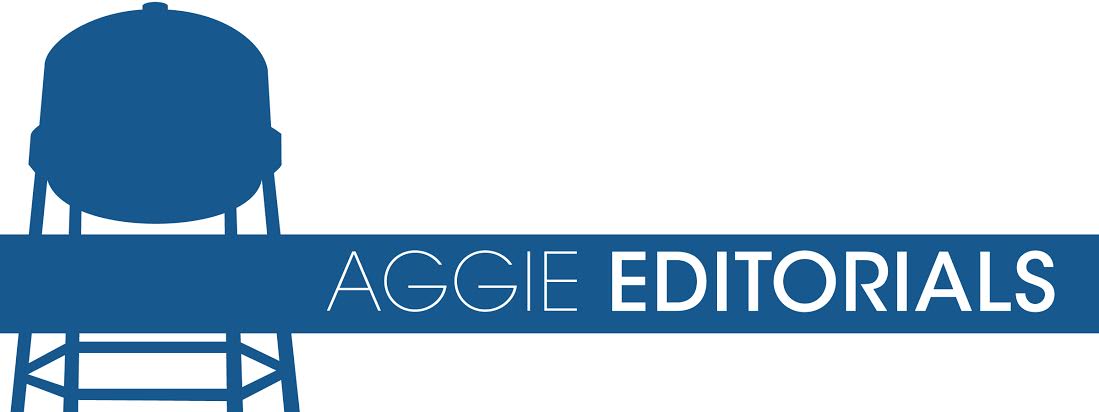
UC Regents revise Statement of Principles Against Intolerance
The University of California (UC) Board of Regents approved changes to its Statement of Principles Against Intolerance on March 23. The finalized statement now specifically condemns anti-Semitism as a form of intolerance. The original statement, which the Regents published in September, did not include anti-Semitism or any other specific types of discrimination.
As the Regents sought to edit the statement during their meeting, they initially included both anti-Semitism and anti-Zionism as acts of intolerance. However, Regent Norman J. Pattiz requested that “anti-Zionism” be replaced with “anti-Semitic forms of anti-Zionism,” according to UC Irvine’s New University.
The Editorial Board commends Pattiz for requesting and clarifying this distinction between anti-Zionism and anti-Semitism. Criticism of Israeli policies or the Israeli government is not inherently anti-Semitic. One can disagree with a policy or an administration without factoring ethnicity or religion into this criticism.
Many members of the UC community expressed concerns about the statement, believing the Regents should have incorporated other specific forms of intolerance — such as Islamophobia, transphobia and homophobia — into the revised statement.
The Editorial Board agrees with the Regents’ revised Statement of Principles Against Intolerance, considering recent anti-Semitic actions across the country, including at UC Davis. The statement was created partly as a result of a request by the AMCHA Initiative, a group that fights anti-Semitism on college campuses.
However, the Board believes that the Regents should have used this opportunity to outwardly and specifically speak out against other forms of intolerance as well, allowing for a safer and more inclusive UC system.
We hope that the Regents will further revise the statement to include other forms of intolerance and specific action steps that individual UC campuses can take to directly enforce these principles. Only then will the statement hold full legitimacy and begin to create a more tolerant, open and safe climate across the UC system.




